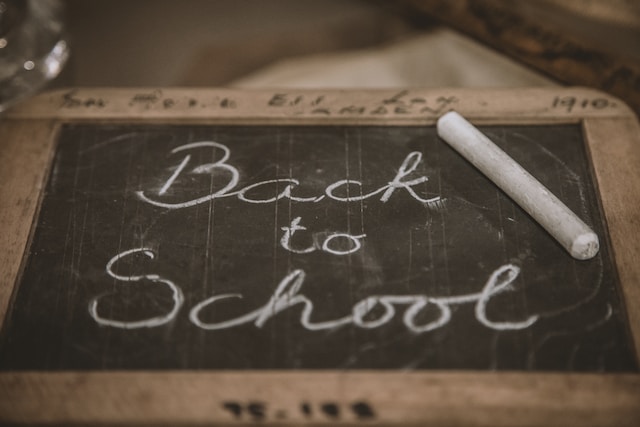Introduction: In a bold move that has sparked controversy and fueled heated discussions, Florida has made the decision to reject and alter social studies materials. The state’s decision has set off a wave of debates and raised questions about the role of educational content in shaping students’ understanding of history. This article delves into Florida’s
Introduction:
In a bold move that has sparked controversy and fueled heated discussions, Florida has made the decision to reject and alter social studies materials. The state’s decision has set off a wave of debates and raised questions about the role of educational content in shaping students’ understanding of history. This article delves into Florida’s recent textbook shake-up, examining the reasons behind the rejection and the ensuing debates surrounding the alteration of social studies materials.
1. The Rejection: Unveiling the Concerns
Florida’s rejection of social studies materials came after a thorough review process that revealed concerns over biased narratives, factual inaccuracies, and the omission of important historical events. Educators, policymakers, and parents expressed worries that these materials were presenting a distorted view of history and failing to provide students with a comprehensive understanding of past events.
2. Altering the Narrative: Reworking Social Studies Materials
In response to the rejection, Florida’s education officials and publishers have embarked on a mission to alter the social studies materials to address the identified issues. This process involves revising content, fact-checking, and ensuring a more inclusive representation of historical events. The aim is to provide students with a more accurate and balanced understanding of history, allowing them to develop critical thinking skills and engage in informed discussions.
3. The Battle of Perspectives: Debating Educational Content
The rejection and alteration of social studies materials have sparked a vigorous debate about the appropriate content for educational resources. Advocates argue that it is crucial to present a diverse and accurate account of history that includes multiple perspectives, promotes cultural understanding, and reflects the experiences of marginalized communities. Critics, however, express concerns over potential bias in the revised materials and raise questions about the influence of political ideologies on the curriculum.
4. Navigating Controversy: The Role of Educators and Parents
The textbook shake-up has put educators and parents at the forefront of discussions on educational content. Teachers are tasked with guiding students through a revised curriculum, fostering critical thinking, and addressing potential biases. Parents, on the other hand, are engaged in discussions about what constitutes appropriate and inclusive educational materials. The controversy has prompted a collective reflection on the responsibilities and challenges faced by educators and parents in shaping students’ perspectives.
5. Looking Ahead: Implications for Education
Florida’s rejection and alteration of social studies materials have far-reaching implications for the education system. The decision has reignited conversations about the need for rigorous content evaluation, the importance of inclusivity in educational resources, and the role of state-level policies in shaping curriculum. The ongoing debates will likely influence future decisions regarding educational content, curriculum development, and the pursuit of a more comprehensive understanding of history.
Conclusion:
Florida’s decision to reject and alter social studies materials has triggered a robust debate about the content and quality of educational resources. The rejection signifies a commitment to rectify perceived biases and inaccuracies while fostering a more inclusive and accurate representation of history. The ongoing discussions surrounding the textbook shake-up reflect the critical role of educational materials in shaping students’ understanding of the world. As the state moves forward with the process of altering social studies materials, it is essential to strike a balance between historical accuracy, multiple perspectives, and the promotion of critical thinking skills.

















Leave a Comment
Your email address will not be published. Required fields are marked with *